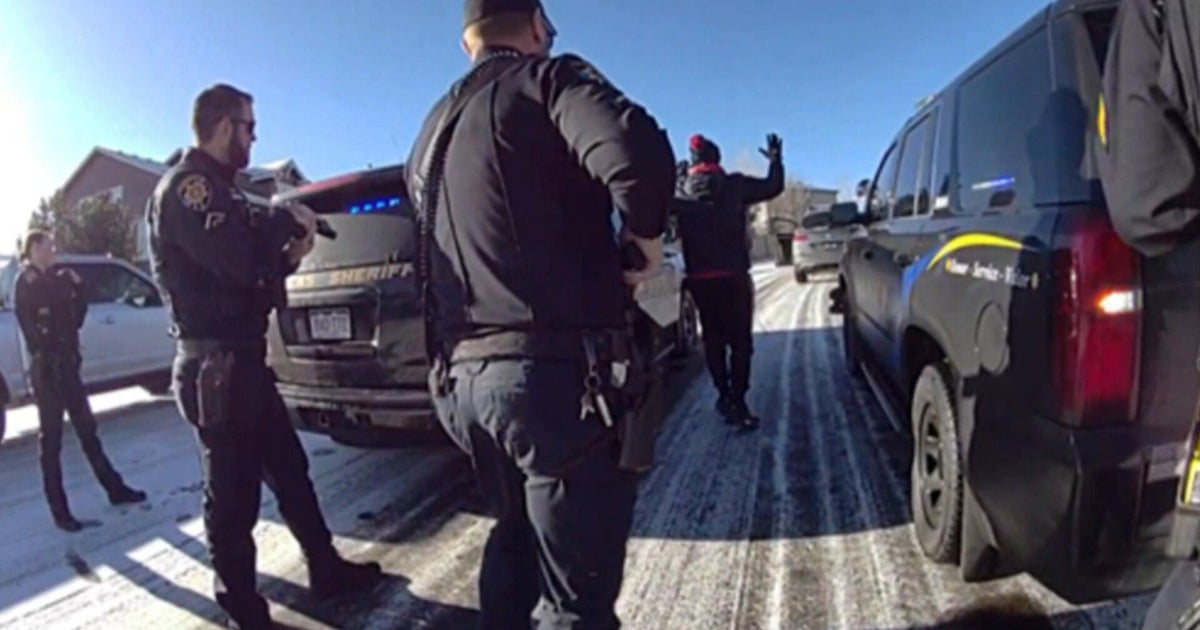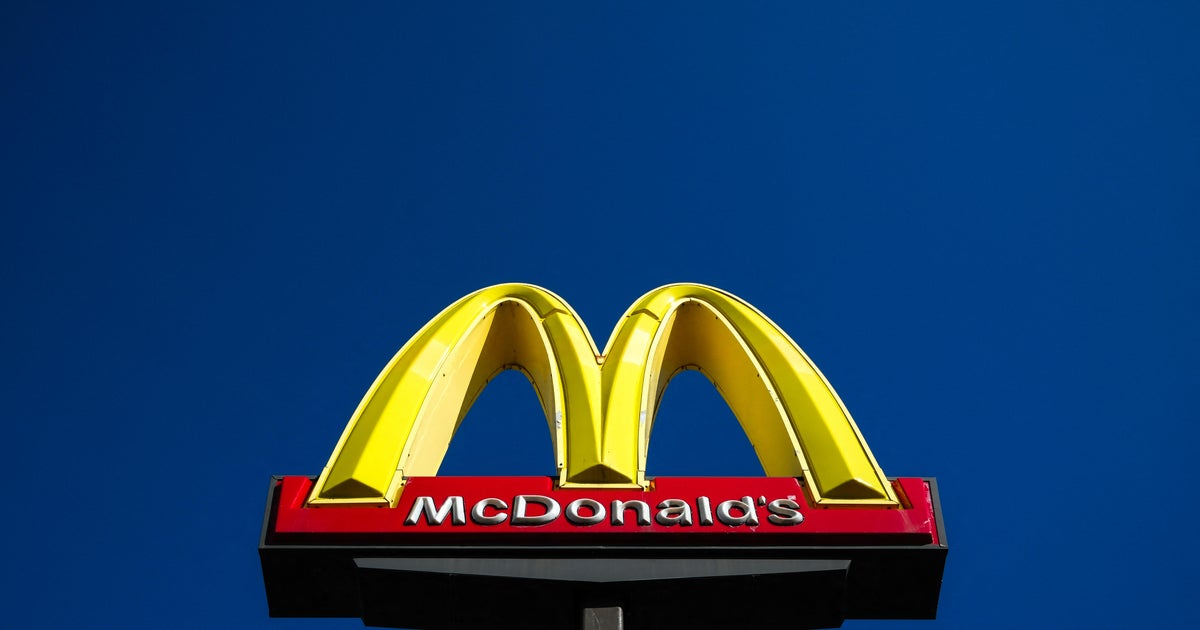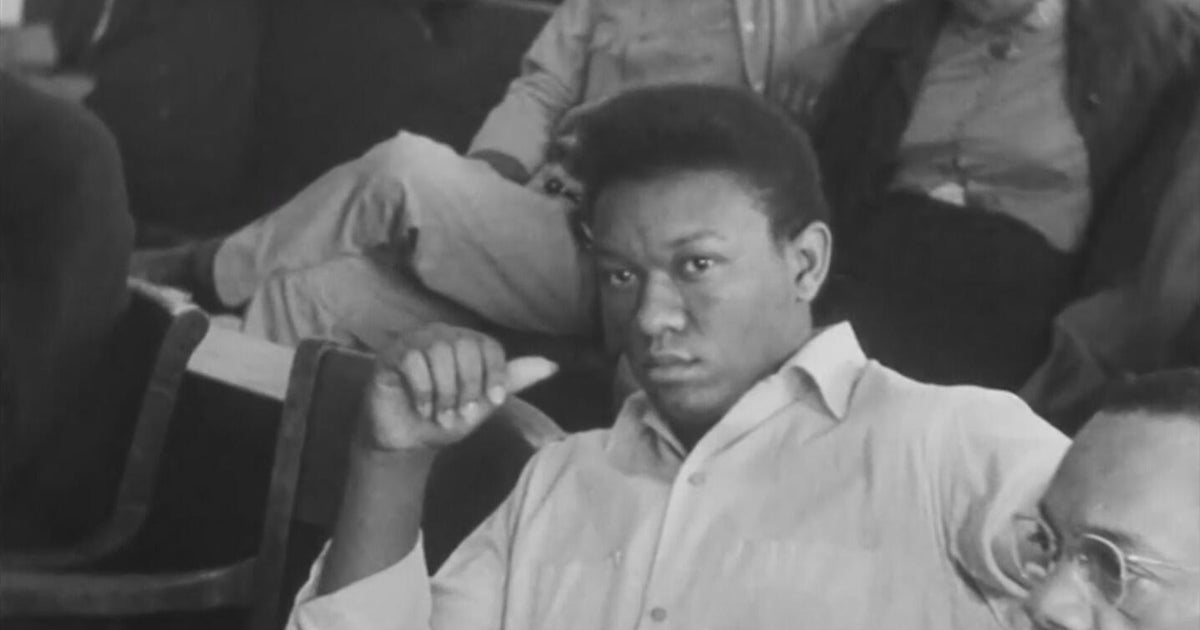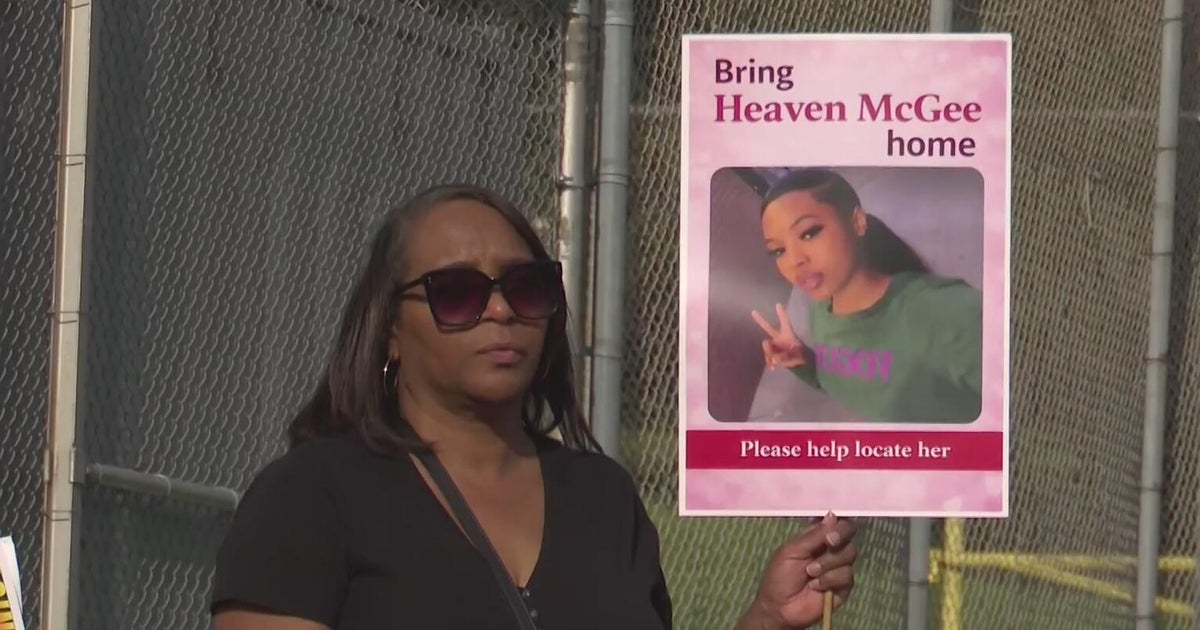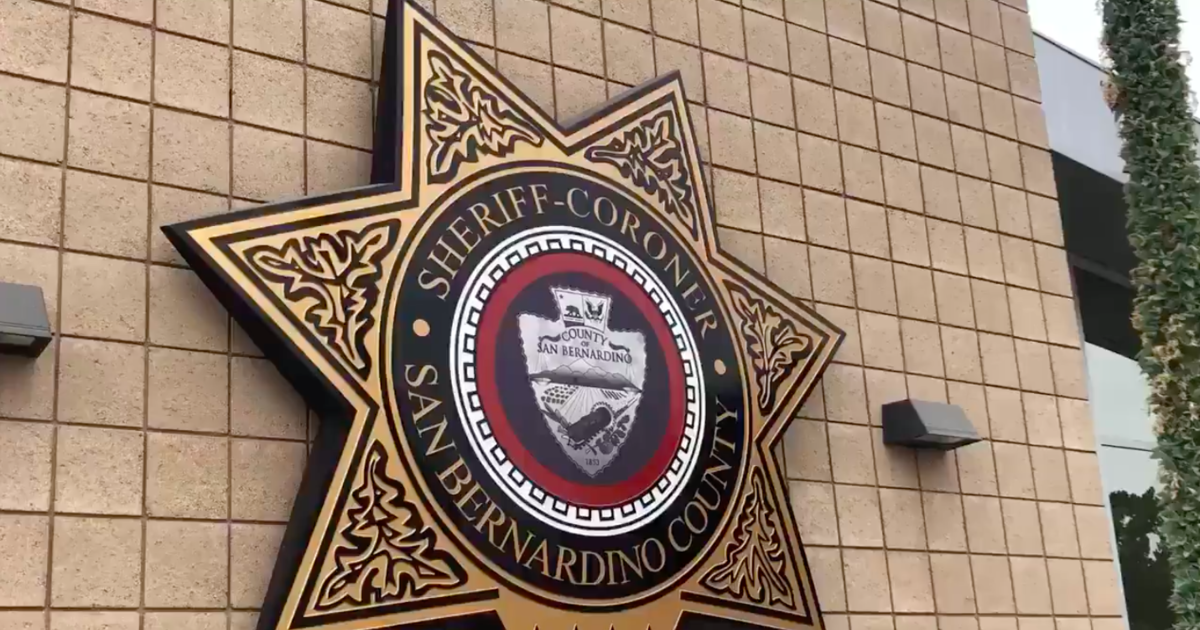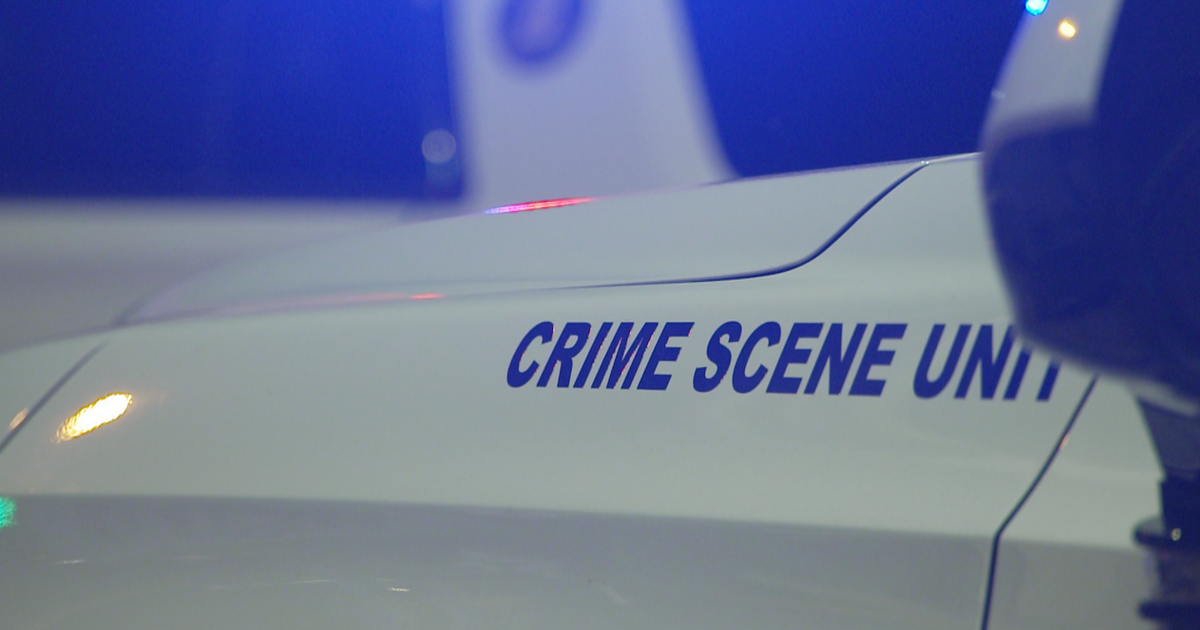Albert DeSalvo's Body Exhumed For DNA In Boston Strangler Case
PEABODY (AP) - Investigators have unearthed the remains of a man who once confessed to being the Boston Strangler in a bid to use forensic evidence to connect him to the death of a woman believed to be the serial killer's last victim.
A bevy of law enforcement officials surrounded Albert DeSalvo's grave on a grassy plot near a lake for Friday's exhumation, which lasted about an hour.
DeSalvo admitting killing Mary Sullivan and 10 other women in the Boston area between 1962 and 1964 in a series of slayings that became known as the Boston Strangler case. But he recanted in 1973 before dying in prison, where he was serving a life sentence for other crimes.
Authorities said Friday that they would take DeSalvo's remains from Peabody to the medical examiner's office in nearby Boston, where they'd take tissue or bone samples for DNA testing.
Police and prosecutors said on Thursday that, for the first time, they had DNA evidence linking DeSalvo to Sullivan's death.
With a search warrant, authorities dug up DeSalvo's remains because testing of DNA from the scene of Sullivan's rape and murder had produced a match with him that excluded 99.9 percent of suspects. They are after a perfect match.
The breakthrough happened after scientific advances that authorities said became possible only recently. Police secretly followed DeSalvo's nephew to collect DNA from a discarded water bottle to help make the connection.
Sullivan grew up on Cape Cod before moving to Boston when she was 19. A few days later, she was dead — raped and strangled in her new apartment.
Sullivan's nephew, Casey Sherman, spent part of his life believing in DeSalvo's innocence. But he said Thursday that the latest evidence points a different way.
Suffolk District Attorney Daniel Conley said the new evidence applies only to Sullivan's homicide and not to the other Strangler-linked killings. He said some law enforcement officials still disagree about whether one person committed all 11 slayings.
On Friday, retired state trooper David Raymond and his friend Andy Brancato, whose late father knew DeSalvo and is buried in a nearby plot, watched the digging operation for about 15 minutes before authorities shooed them away.
"My father went to school with him," Brancato said of DeSalvo. "He always said he was a little crazy but innocent."
Raymond said seeing the digging brought him back to what he'd witnessed as a child, when he saw a crowd swarming in his neighborhood as police arrested DeSalvo.
"Coming from a police background, maybe we'll have a case solved," Raymond said.
DeSalvo, a blue-collar worker and Army veteran who was married with children, was never convicted of the Strangler slayings.
His relatives were "very emotionally distressed" by Friday's exhumation, family attorney Elaine Sharp said.
"They didn't even tell us when they were going to do it," the attorney said. "They didn't even extend us the courtesy of an invitation."
Sharp has said that the family believes there still will be reasonable doubt that DeSalvo killed Sullivan, even if additional DNA tests show a 100 percent match. She has said private testing of Sullivan's remains showed other male DNA was present.
The attorney said Friday that DeSalvo's family also has doubts about how police handled the evidence they're relying on now. Police have called the evidence the family used in private testing "very questionable."
Copyright 2013 The Associated Press.

